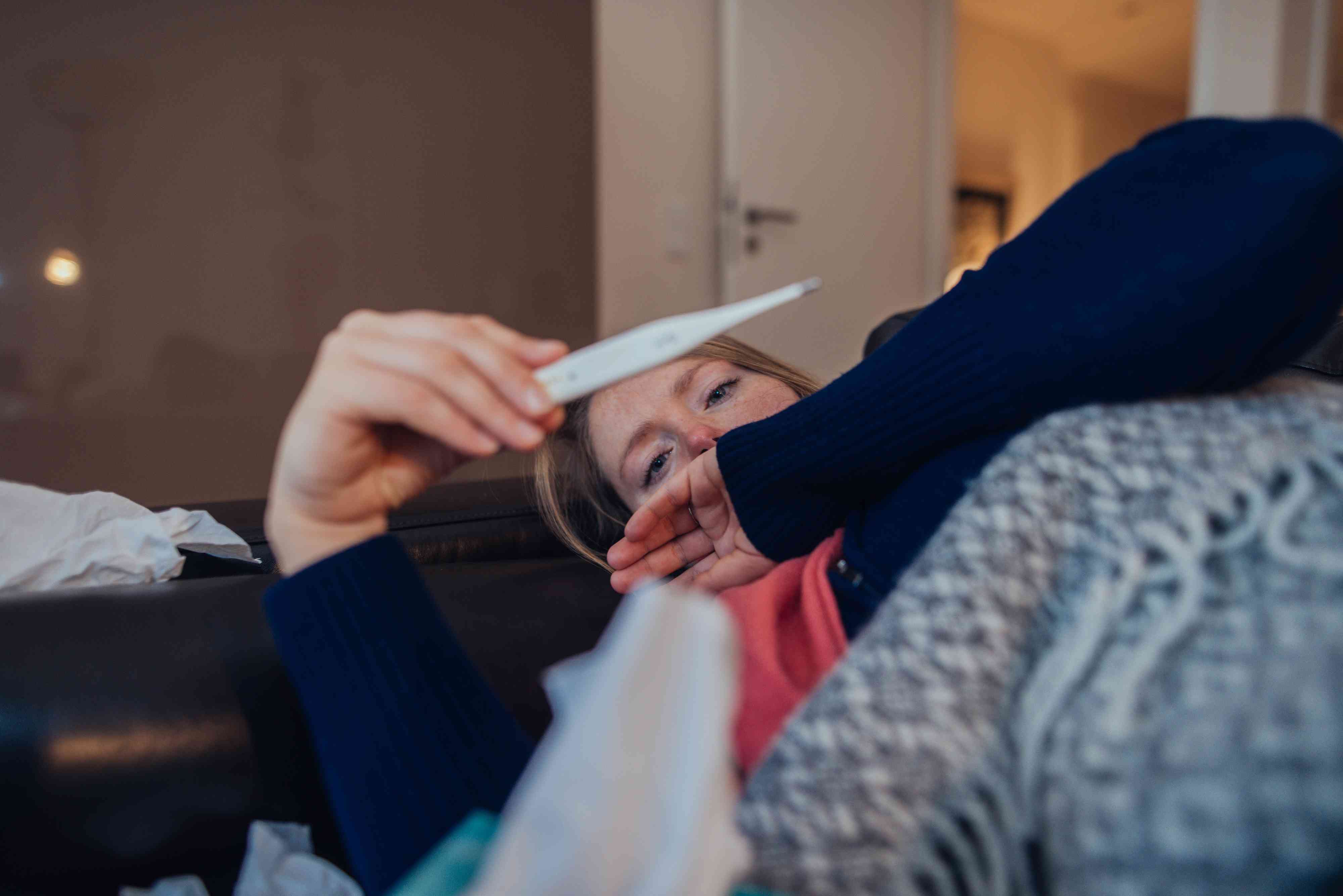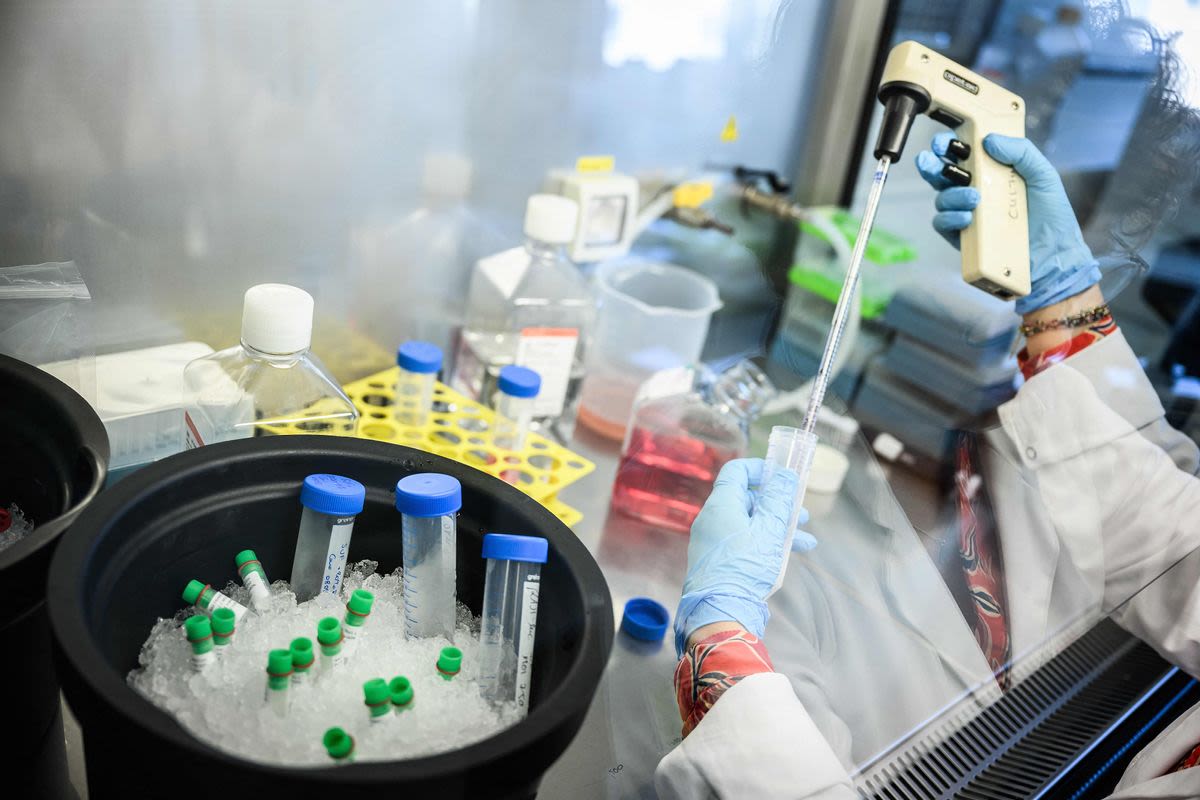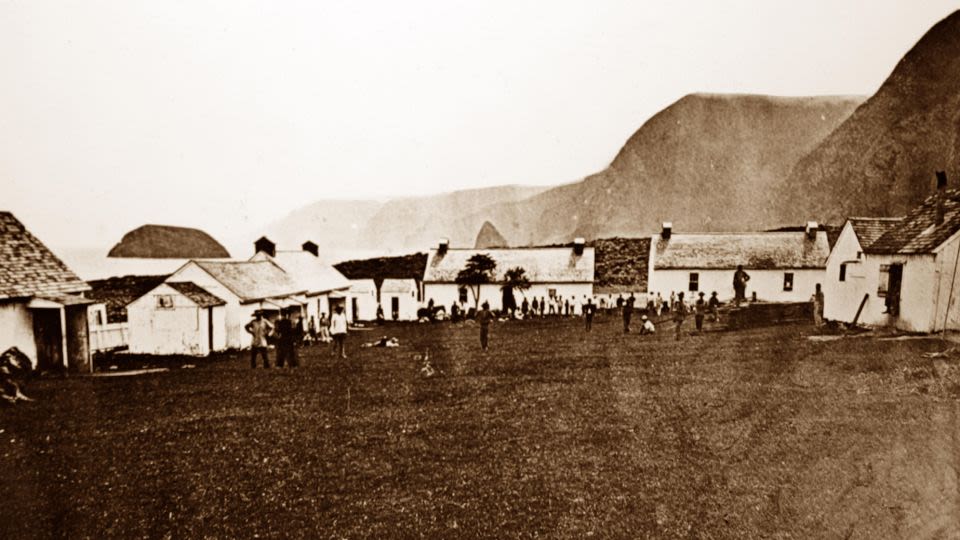Search results
Dec 11, 2023 · The crucial factor is symptom onset. That’s the time when you are most contagious. “You’re passing virus out through your nose into the environment, and you’re passing it to the people in close contact with you,” Sharon Nachman, MD, division chief for pediatric infectious disease at Stony Brook Children’s, told Verywell.
- How Long Are You Contagious With COVID-19? - Verywell Health
The contagiousness of COVID-19 can vary, but people with...
- How to Quarantine or Isolate With COVID-19: 5-Day Rule
If you test positive for COVID-19 or have symptoms of the...
- How Long Are You Contagious With COVID-19? - Verywell Health
Jan 7, 2024 · When Is COVID-19 the Most Contagious? Researchers estimate that people who get infected with COVID-19 can spread it to others 2-3 days before symptoms start and are most contagious 1-2 days before ...
- How Long Is Someone with Covid-19 Infectious?
- What Is Viral Shedding?
- When Do You Become Contagious After Exposure to Covid-19?
- When Do You Stop Being Contagious If You Have Covid-19?
The short answer is that you’re contagious with COVID for about 10 daysafter you have symptoms or test positive. The full answer is more complicated. The 10-day mark seems to apply to people who have mild to moderate COVIDillness. People with severe cases of COVID illness can remain infectious for several weeks or months. There’s also evidencethat ...
Viral sheddinghappens when a sick person releases copies of a virus from their body. Large numbers of viruses are shed when a sick person coughs or sneezes. But viruses can also be shed when you talk, cry, or breathe. Viral shedding is how viruses spread from person to person. People typically shed the virus that causes COVID for about 10 days, sta...
It’s possible to become contagious with COVID-19 on the same day you are exposed. Most people who get sick with COVID begin noticing symptoms about 2 to 14 daysafter exposure. But viral shedding can begin right away. That’s why it’s possible to spread the virus that causes COVID even before your symptoms start. Of course, not everyone who gets expo...
It depends. If you have a mild illness and your symptoms are getting better, you’re probably no longer contagious after 10 days. On the other hand, if you have a severe illness or a weakened immune system, you can be contagious for much longer. But if you’ve been fully vaccinated against COVID, you may be contagious for a shorter period of time. It...
News about COVID-19, JN.1, turbo cancer
News about measles, Pfizer, EU
Also in the news
Mar 15, 2024 · A: People with COVID-19 could potentially transmit it to others well beyond a day after developing symptoms or testing positive. New guidance from the CDC advises people to isolate until they have ...
Jul 23, 2021 · COVID-19 is most contagious in the first week after exposure to the virus. Symptoms will typically develop during this week, around 4–5 days after exposure. WHO states that the most infectious ...






